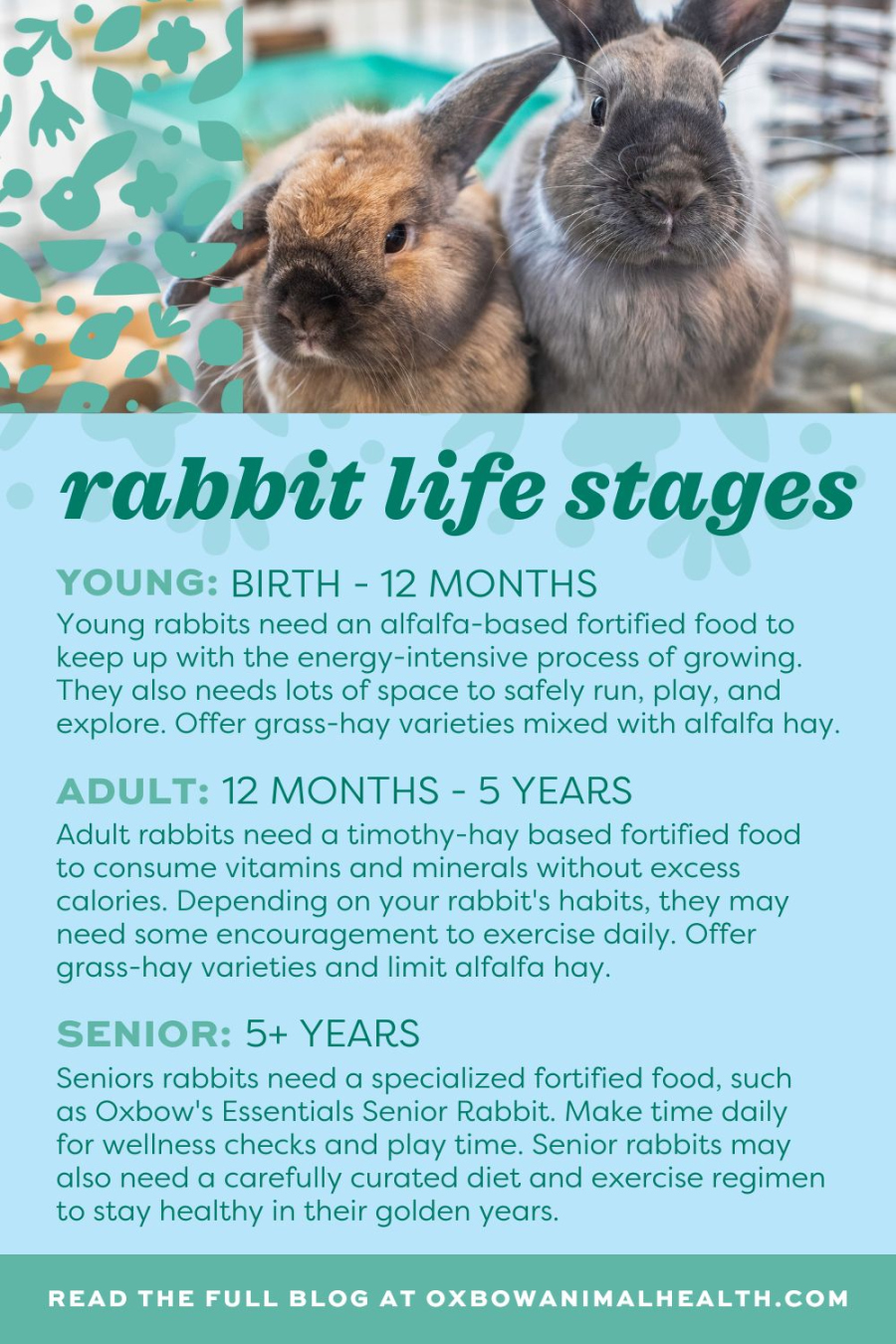What Age is a Rabbit Fully Grown?
Rabbits are adorable creatures that come in various breeds and sizes, but have you ever wondered when they reach their full size? Understanding the growth rate of rabbits is essential for their proper care and development. In this article, we will explore the age at which a rabbit is considered fully grown, taking into account different factors that can influence their growth.

Factors Affecting Rabbit Growth
Before discussing the age at which a rabbit is fully grown, it’s important to understand the factors that can affect its growth rate:
- Breed: Different breeds of rabbits have varying growth rates. Some breeds mature faster than others, so it’s essential to consider your rabbit’s specific breed when determining its growth timeline.
- Diet: Nutrition plays a vital role in a rabbit’s growth and development. A well-balanced diet that includes fresh hay, vegetables, and a limited amount of pellets is crucial for healthy growth.
- Health: Rabbits that experience health issues or deficiencies may experience stunted growth. Regular veterinary check-ups and prompt treatment of any illnesses are essential for optimal growth.
- Environment: The living conditions and space provided to a rabbit can also impact its growth. A rabbit that has plenty of room to exercise and explore will likely experience healthier growth compared to one kept in a confined space.
When is a Rabbit Fully Grown?
The age at which a rabbit is considered fully grown can vary depending on the factors mentioned above. However, most rabbits reach their full size between 6 months to 1 year of age. By this time, they have reached their adult size and weight.
It’s important to note that while rabbits may reach their full size during this period, their personality and behavior may still develop over time. Just like humans, rabbits continue to grow emotionally and mentally even after they have reached their physical maturity.
FAQs about Rabbit Growth
1. How can I determine if my rabbit has stopped growing?
If your rabbit is between 6 months and 1 year old and their size and weight have remained consistent for several months, it’s likely that they have stopped growing. However, keep in mind that rabbits may continue to fill out and gain muscle tone even after they have reached their full size.
2. Are there any signs of stunted growth in rabbits?
Yes, certain signs can indicate stunted growth in rabbits:
- Poor appetite
- Failure to gain weight
- Lack of energy or lethargy
- Delayed or abnormal tooth eruption
- Abnormal skeletal development
If you notice any of these signs, it’s important to consult a veterinarian for a thorough examination and proper diagnosis.
3. Can a rabbit’s growth be accelerated?
No, a rabbit’s growth cannot be accelerated beyond its natural pace. Attempting to speed up a rabbit’s growth through excessive feeding or supplementation can be detrimental to their health. It’s crucial to provide a balanced diet and a suitable environment to ensure healthy growth.
4. Are larger breeds of rabbits slower to mature?
Yes, generally, larger breeds of rabbits take longer to reach their full size compared to smaller breeds. Large rabbit breeds, such as Flemish Giants, may continue to grow until they are about 1 year old. It’s important to research the specific breed of your rabbit to have a better understanding of their growth timeline.
Understanding when a rabbit is fully grown is essential for providing appropriate care and ensuring their overall well-being. While most rabbits reach their full size between 6 months to 1 year of age, it’s important to consider various factors that can influence their growth rate, including breed, diet, health, and environment. By providing a balanced diet, regular veterinary care, and a suitable living environment, you can help your rabbit achieve healthy growth and development.
Related Articles…
Copyright Notice:
The images displayed here are sourced from the internet, with copyrights held by respective owners. For removal of any copyrighted image, please email us.